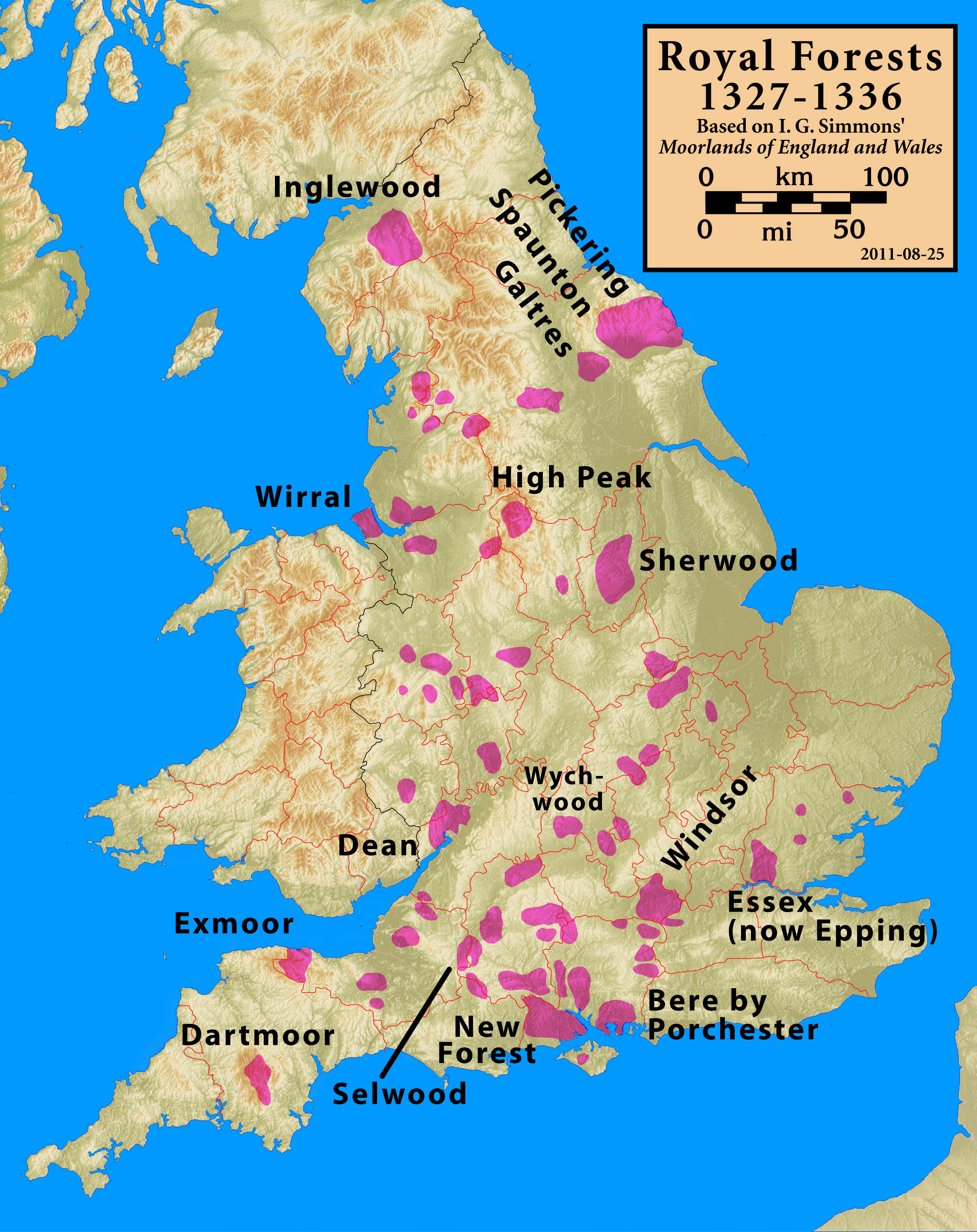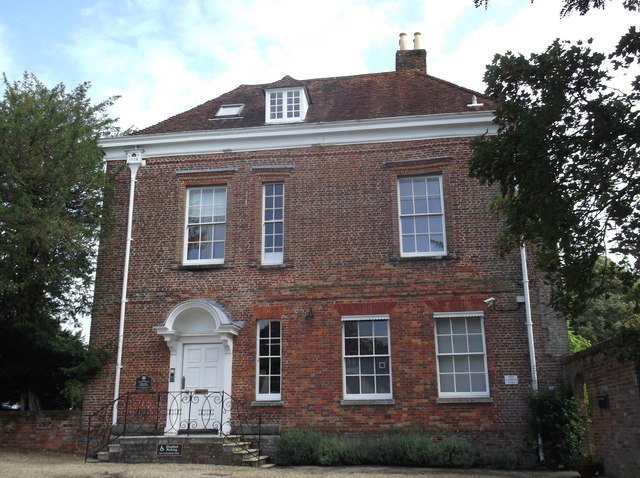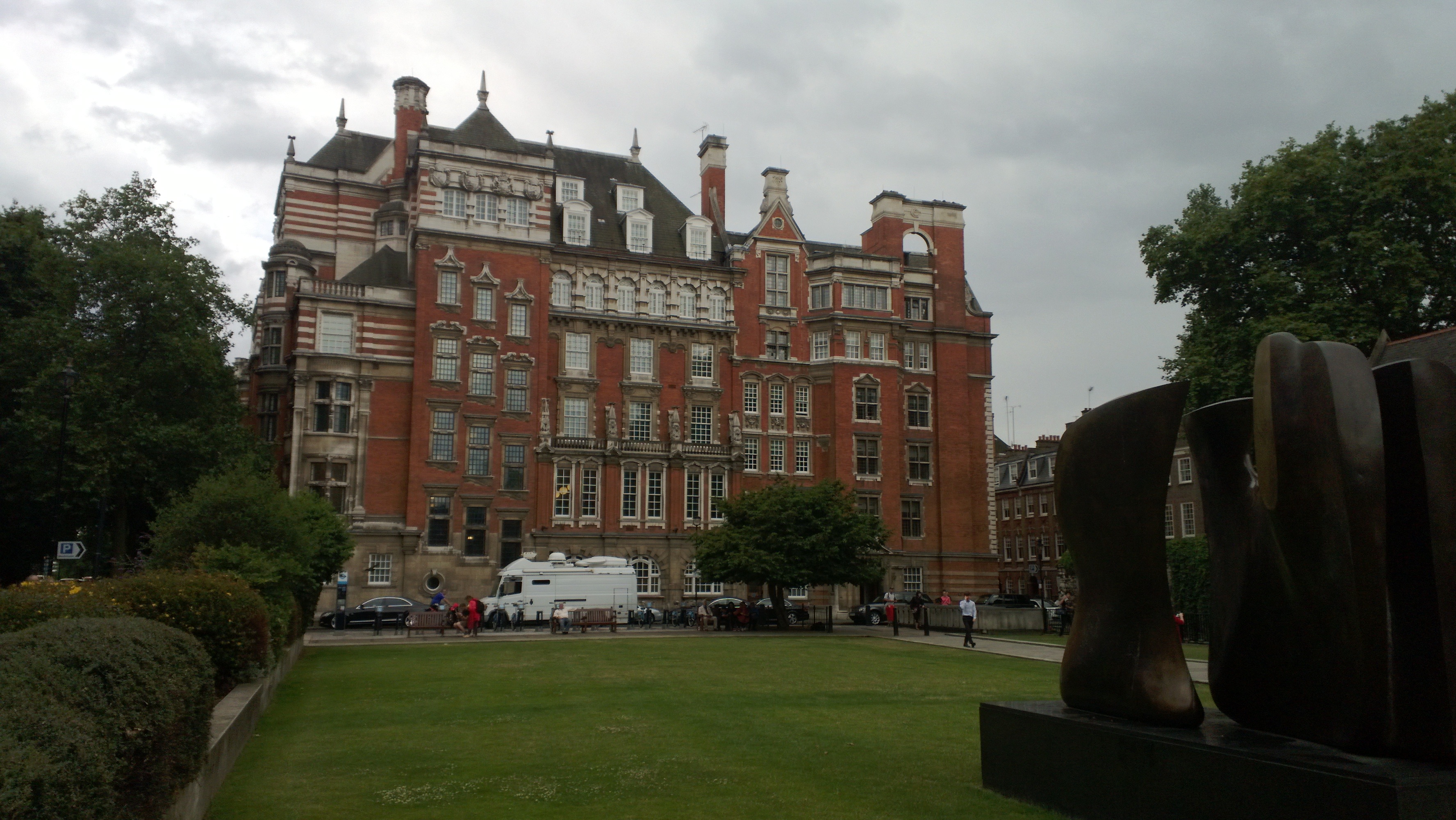|
Evelyn Ashley
Anthony Evelyn Melbourne Ashley (24 July 1836 – 16 November 1907) was British barrister and Liberal politician. He was private secretary to Lord Palmerston and later published a biography of him. After entering Parliament at a by-election in 1864, Ashley served under William Ewart Gladstone as Parliamentary Secretary to the Board of Trade from 1880 to 1882 and as Under-Secretary of State for the Colonies from 1882 to 1885. Background and education Ashley was the third child and second son of Anthony Ashley-Cooper, 7th Earl of Shaftesbury and Lady Emily Cowper, eldest daughter of Peter Cowper, 5th Earl Cowper and sister of William Cowper-Temple, 1st Baron Mount Temple. He was educated at Harrow and Trinity College, Cambridge. On William Cowper-Temple's death in 1888, he inherited a 10,000 acre estate on the Mullaghmore Peninsula in Sligo, around Classiebawn Castle. He would spend part of every year there. Legal and political career Ashley was private secretary to Lord Palmers ... [...More Info...] [...Related Items...] OR: [Wikipedia] [Google] [Baidu] |
The Right Honourable
''The Right Honourable'' ( abbreviation: ''Rt Hon.'' or variations) is an honorific style traditionally applied to certain persons and collective bodies in the United Kingdom, the former British Empire and the Commonwealth of Nations. The term is predominantly used today as a style associated with the holding of certain senior public offices in the United Kingdom, Canada, New Zealand, and to a lesser extent, Australia. ''Right'' in this context is an adverb meaning 'very' or 'fully'. Grammatically, ''The Right Honourable'' is an adjectival phrase which gives information about a person. As such, it is not considered correct to apply it in direct address, nor to use it on its own as a title in place of a name; but rather it is used in the third person along with a name or noun to be modified. ''Right'' may be abbreviated to ''Rt'', and ''Honourable'' to ''Hon.'', or both. ''The'' is sometimes dropped in written abbreviated form, but is always pronounced. Countries with common or ... [...More Info...] [...Related Items...] OR: [Wikipedia] [Google] [Baidu] |
1874 Poole By-election
The 1874 Poole (UK Parliament constituency), Poole by-election was held on 26 May 1874. It was caused by the election being declared void on petition, after "corrupt conduct and treating". It was retained by Liberal Party (UK), Liberal MP, Evelyn Ashley. References 1874 in England Politics of Poole 1874 elections in the United Kingdom By-elections to the Parliament of the United Kingdom in Dorset constituencies 19th century in Dorset {{England-UK-Parl-by-election-stub ... [...More Info...] [...Related Items...] OR: [Wikipedia] [Google] [Baidu] |
Privy Council Of The United Kingdom
The Privy Council (PC), officially His Majesty's Most Honourable Privy Council, is a formal body of advisers to the sovereign of the United Kingdom. Its membership mainly comprises senior politicians who are current or former members of either the House of Commons or the House of Lords. The Privy Council formally advises the sovereign on the exercise of the Royal Prerogative, and as a body corporate (as King-in-Council) it issues executive instruments known as Orders in Council which, among other powers, enact Acts of Parliament. The Council also holds the delegated authority to issue Orders of Council, mostly used to regulate certain public institutions. The Council advises the sovereign on the issuing of Royal Charters, which are used to grant special status to incorporated bodies, and city or borough status to local authorities. Otherwise, the Privy Council's powers have now been largely replaced by its executive committee, the Cabinet of the United Kingdom. Certai ... [...More Info...] [...Related Items...] OR: [Wikipedia] [Google] [Baidu] |
High Sheriff Of Sligo
The High Sheriff of Sligo was the British Crown's judicial representative in County Sligo, Ireland, from the 16th century until 1922, when the office was abolished in the new Free State and replaced by the office of Sligo County Sheriff. The sheriff had judicial, electoral, ceremonial and administrative functions and executed High Court Writs. In 1908, an Order in Council made the Lord-Lieutenant the Sovereign's prime representative in a county and reduced the High Sheriff's precedence. However the sheriff retained his responsibilities for the preservation of law and order in the county. The usual procedure for appointing the sheriff from 1660 onwards was that three persons were nominated at the beginning of each year from the county and the Lord Lieutenant then appointed his choice as High Sheriff for the remainder of the year. Often the other nominees were appointed as under-sheriffs. Sometimes a sheriff did not fulfil his entire term through death or other event and another sheri ... [...More Info...] [...Related Items...] OR: [Wikipedia] [Google] [Baidu] |
New Forest
The New Forest is one of the largest remaining tracts of unenclosed pasture land, heathland and forest in Southern England, covering southwest Hampshire and southeast Wiltshire. It was proclaimed a royal forest by William the Conqueror, featuring in the Domesday Book. It is the home of the New Forest Commoners, whose ancient rights of common pasture are still recognised and exercised, enforced by official verderers and agisters. In the 18th century, the New Forest became a source of timber for the Royal Navy. It remains a habitat for many rare birds and mammals. It is a biological and geological Site of Special Scientific Interest. Several areas are Geological Conservation Review and Nature Conservation Review sites. It is a Special Area of Conservation, a Ramsar site and a Special Protection Area. Copythorne Common is managed by the Hampshire and Isle of Wight Wildlife Trust, Kingston Great Common is a national nature reserve and New Forest Northern Commons is managed b ... [...More Info...] [...Related Items...] OR: [Wikipedia] [Google] [Baidu] |
Verderer (New Forest)
In the New Forest a verderer is an unpaid officer whose duty is to regulate and protect the interests of the New Forest commoners, and to preserve the natural beauty and good traditional character of the Forest. There are ten verderers, together constituting the Court of Verderers (or Court of Swainmote). The Court of Verderers The Court has ancient origins but in its present form is a corporate body set up under the New Forest Act 1887 and reconstituted in 1949. It consists of ten verderers, five of whom are elected by the commoners, and four of whom are appointed respectively by the Department for Environment, Food and Rural Affairs, the Forestry Commission, the National Park Authority, and Natural England. The remaining position is held by the Official Verderer who serves as chair of the Court and who is appointed by the Sovereign. The Court has the same status as a Magistrates Court, and acting under its authority the verderers are responsible for regulating commoning wit ... [...More Info...] [...Related Items...] OR: [Wikipedia] [Google] [Baidu] |
Church Commissioners
The Church Commissioners is a body which administers the property assets of the Church of England. It was established in 1948 and combined the assets of Queen Anne's Bounty, a fund dating from 1704 for the relief of poor clergy, and of the Ecclesiastical Commissioners formed in 1836. The Church Commissioners are a registered charity regulated by the Charity Commission for England and Wales, and are liable for the payment of pensions to retired clergy whose pensions were accrued before 1998 (subsequent pensions are the responsibility of the Church of England Pensions Board). The secretary (and chief executive) of the Church Commissioners is Gareth Mostyn. History The Church Building Act 1818 granted money and established the Church Building Commission to build churches in the cities of the Industrial Revolution. These churches became known variously as Commissioners' churches, Waterloo churches or Million Act churches. The Church Building Commission became the Ecclesiastica ... [...More Info...] [...Related Items...] OR: [Wikipedia] [Google] [Baidu] |
Isle Of Wight (UK Parliament Constituency)
Isle of Wight ( ) is a constituency represented in the House of Commons of the UK Parliament since 2017 by Bob Seely, a Conservative. Created by the Great Reform Act for the 1832 general election, it covers the whole of the Isle of Wight. It had the largest electorate of any constituency at the 2019 general election. Boundaries The Isle of Wight has been a single seat of the House of Commons since 1832. It covers the same land as the ceremonial county of the Isle of Wight and the area administered by the unitary authority, Isle of Wight Council: a diamond-shaped island with rounded oblique corners, measuring by , the Needles and similar small uninhabitable rocks of very small square surface area. The island is linked by ferry crossings from four points (five points if counting Cowes and East Cowes separately) to three points in Hampshire: Lymington, Southampton and Portsmouth. Its electorate of 113,021 at the 2019 general election is the largest in the UK, more than 50 ... [...More Info...] [...Related Items...] OR: [Wikipedia] [Google] [Baidu] |
Poole (UK Parliament Constituency)
Poole is a constituency represented in the House of Commons of the UK Parliament since 1997 by Robert Syms, a Conservative. History The first version of the Poole constituency existed from 1455 until 1885. During this period its exact status was a parliamentary borough, sending two burgesses to Westminster per year, except during its last 17 years when its representation was reduced to one member. During its abeyance most of Poole was in the East Dorset seat and since its recreation in 1950 its area has been reduced as the harbour town's population has increased. Boundaries 1950–1983: The Municipal Borough of Poole. 1983–1997: The Borough of Poole wards of Broadstone, Canford Cliffs, Canford Heath, Creekmoor, Hamworthy, Harbour, Newtown, Oakdale, Parkstone, and Penn Hill. 1997–2010: The Borough of Poole wards of Bourne Valley, Canford Cliffs, Hamworthy, Harbour, Newtown, Oakdale, Parkstone, and Penn Hill. 2010–19: The Borough of Poole wards of Branksome West, C ... [...More Info...] [...Related Items...] OR: [Wikipedia] [Google] [Baidu] |
Oxford Circuit
The courts of assize, or assizes (), were periodic courts held around England and Wales until 1972, when together with the quarter sessions they were abolished by the Courts Act 1971 and replaced by a single permanent Crown Court. The assizes exercised both civil and criminal jurisdiction, though most of their work was on the criminal side. The assizes heard the most serious cases, which were committed to it by the quarter sessions (local county courts held four times per year), while the more minor offences were dealt with summarily by justices of the peace in petty sessions (also known as magistrates' courts). The word ''assize'' refers to the sittings or sessions (Old French ''assises'') of the judges, known as "justices of assize", who were judges who travelled across the seven circuits of England and Wales on commissions of "oyer and terminer", setting up court and summoning juries at the various assize towns. Etymology Middle English < |
Barrister
A barrister is a type of lawyer in common law jurisdictions. Barristers mostly specialise in courtroom advocacy and litigation. Their tasks include taking cases in superior courts and tribunals, drafting legal pleadings, researching law and giving expert legal opinions. Barristers are distinguished from both solicitors and chartered legal executives, who have more direct access to clients, and may do transactional legal work. It is mainly barristers who are appointed as judges, and they are rarely hired by clients directly. In some legal systems, including those of Scotland, South Africa, Scandinavia, Pakistan, India, Bangladesh, and the British Crown dependencies of Jersey, Guernsey and the Isle of Man, the word ''barrister'' is also regarded as an honorific title. In a few jurisdictions, barristers are usually forbidden from "conducting" litigation, and can only act on the instructions of a solicitor, and increasingly - chartered legal executives, who perform tasks such ... [...More Info...] [...Related Items...] OR: [Wikipedia] [Google] [Baidu] |
Classiebawn Castle
Classiebawn Castle is a country house built for The 3rd Viscount Palmerston (1784–1865) on what was formerly a estate on the Mullaghmore Peninsula near the village of Cliffoney, County Sligo, in the Republic of Ireland. The current castle was largely built in the late 19th century. Design It was designed in the Baronial style by Dublin architect James Rawson Carroll, and is constructed from a yellow-brown sandstone brought by sea from County Donegal. It comprises a gabled range with a central tower topped by a conical roofed turret. The land, which once belonged to the O'Connor Sligo family, was confiscated by the English Parliament to compensate the people who put down an Irish rebellion. Around of land on which Classiebawn now stands was granted to Sir John Temple (1600–1677), Master of the Rolls in Ireland. The property passed down to The 3rd Viscount Palmerston, a statesman who served as both British Prime Minister and British Foreign Secretary. It was this Lord ... [...More Info...] [...Related Items...] OR: [Wikipedia] [Google] [Baidu] |
_(cropped).jpg)






.jpg)